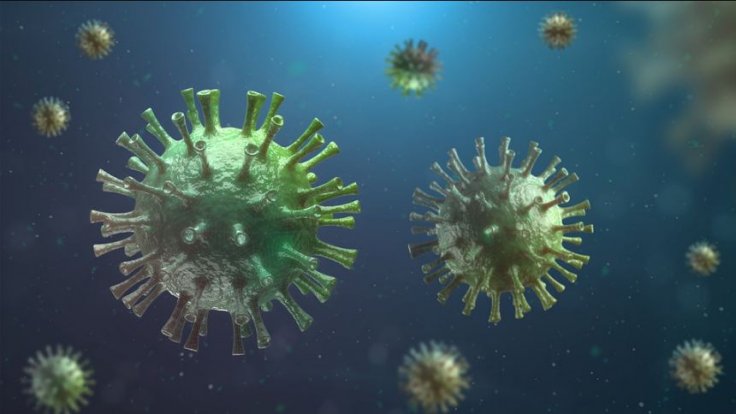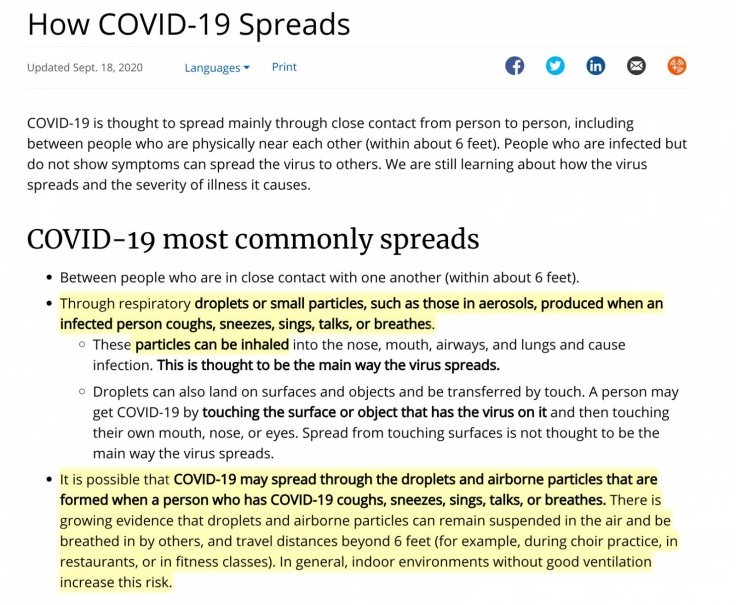CDC has released a report that suggests that MIS-A is a severe illness that targets multiple organs and causes increased inflammation in the body. With these syndromes, many patients either test positive for SARS-CoV-2 or have antibodies against it.

The CDC team has reported that MIS-A has killed at least three patients in the United States alone. In addition to this, the latest syndrome disproportionately hits racial and ethnic minorities.
As per the report, one black man living in Florida suffered ringing in his ears and then had vomiting and severe chest pain. At that time, he was tested negative for Covid-19 but died despite being given proper treatment. Similar to this, a black woman in New York developed fever and chills and had spent more than 19 days in the hospital before she was released from the care.
MIS-A in Adults:
Coronaviruses are a family of viruses that cause illnesses such as common cold, severe acute respiratory syndrome, and Middle East respiratory syndrome. The elementary signs and syndrome of COVID-19 may appear two or 14 days after exposure. Some of the common signs and symptoms include fever, cough, tiredness, shortness of breath, muscle aches, chills, sore throat, chest pain and conjunctivitis. With the new multi-system inflammatory syndrome in adults, the disease has now become deadlier than previously imagined.
Previously, MIS-C had affected several hundred children worldwide, but they did not show significant coronavirus symptoms. The Centers for Disease Control and Prevention has now revealed that 27 adults had similar symptoms. Most of them suffered from inflammation throughout their bodies and malfunction of organs, including the liver, heart, and kidneys.

"Although hyper inflammation and extrapulmonary organ dysfunction have been described in hospitalized adults with severe Covid-19, these conditions are generally accompanied by respiratory failure," reads the report, according to the CNN.
The CDC team has advised that clinicians and health departments worldwide should consider MIS-A in adults with compatible signs and symptoms as these patients might not have positive SARS-CoV-2. Still, they might be needed to confirm previous SARS-CoV-2 infection.









